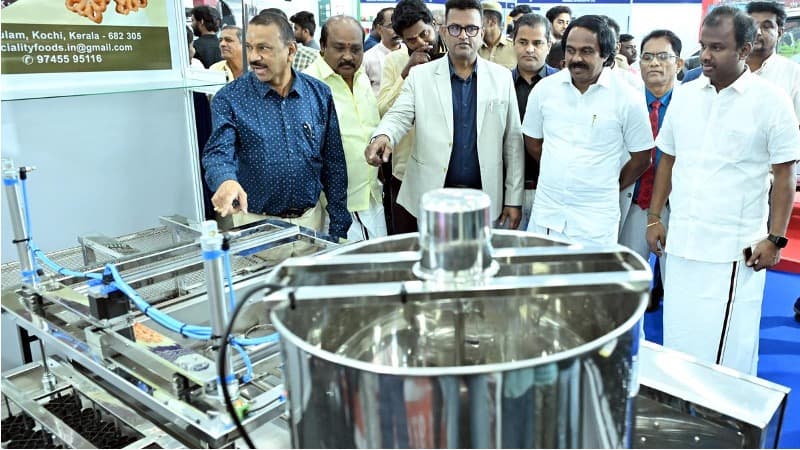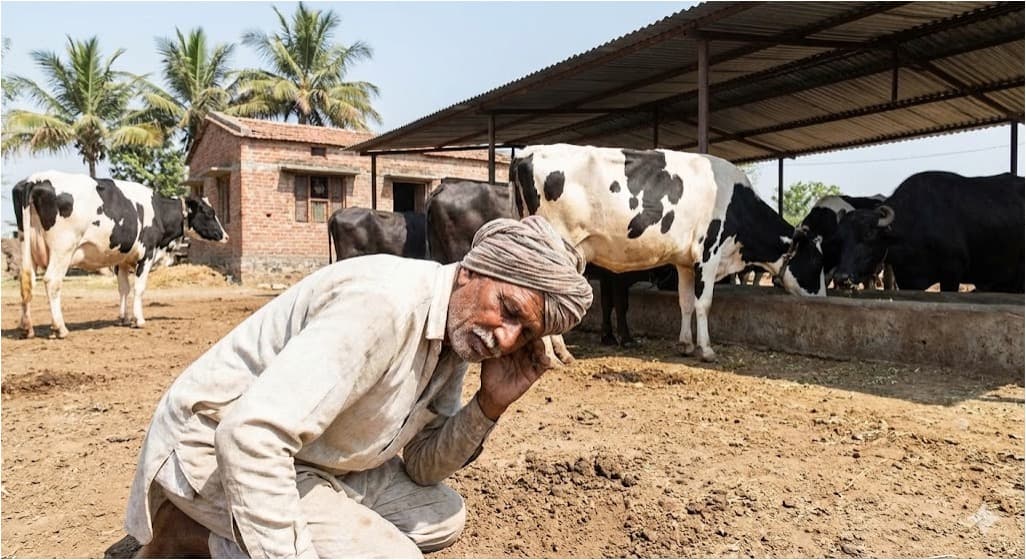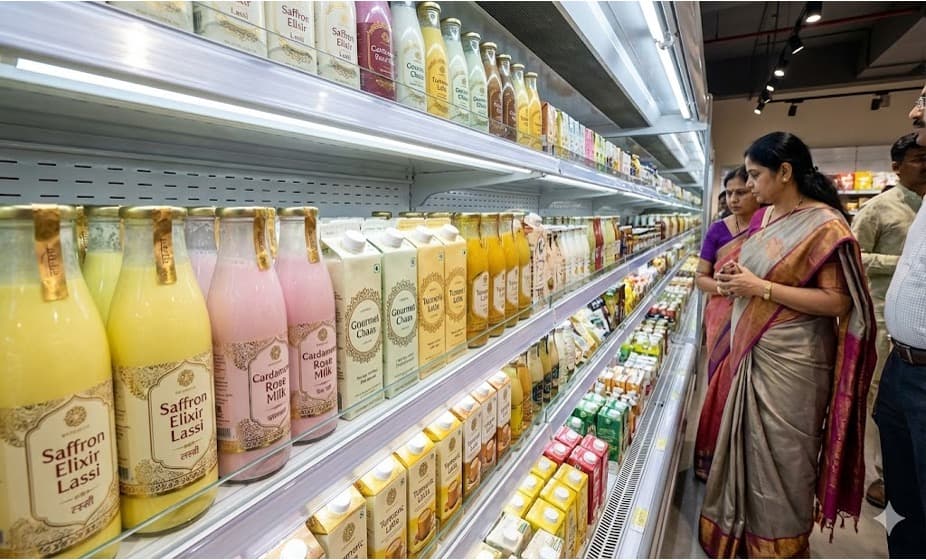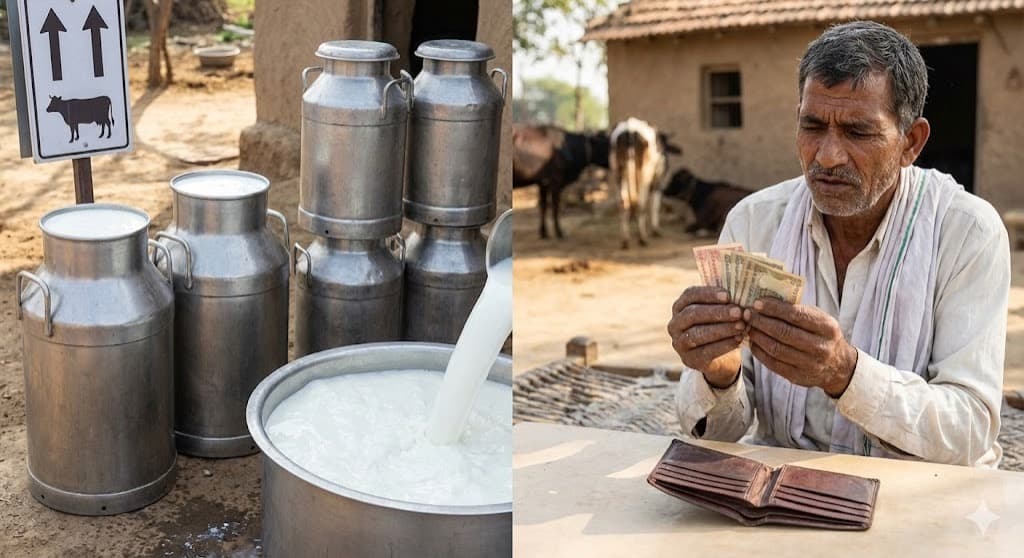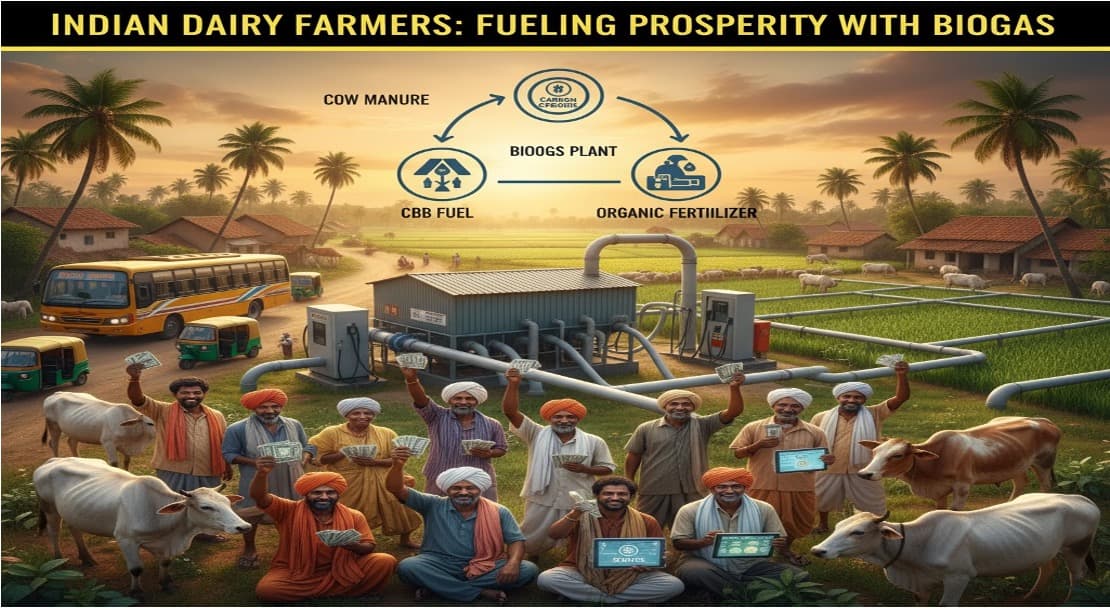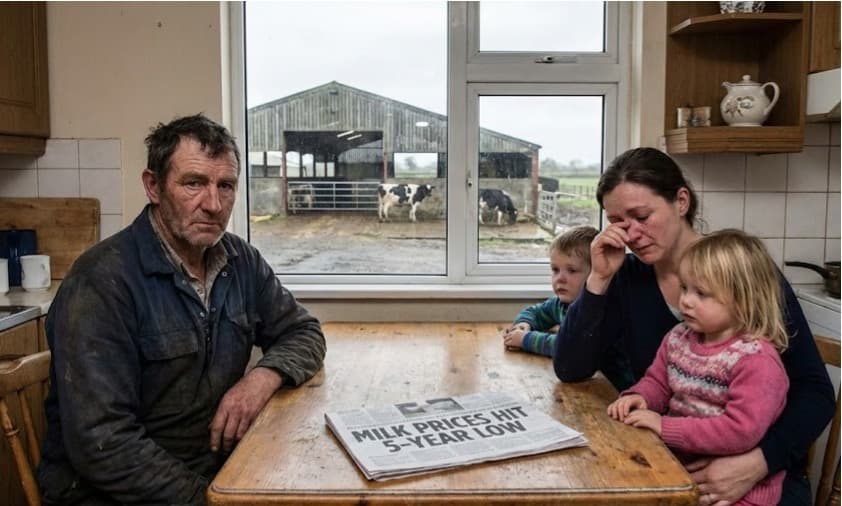Non-bovine milk could be the future for better nutrition: Experts
Scientists believe that the milk of non-bovine species, such as goats, sheep, camels, donkeys, yaks, etc., which possess numerous therapeutic properties and are proliferating in India, needs to be explored to improve human nutrition and health.
Due to its therapeutic, insulin and low-lactose properties with cheap farming compared to cattle, experts and scientists of the country’s top research institutes on dairying and animal production believe that non-bovine milk could be the future in India.Scientists believe that the milk of non-bovine species, such as goats, sheep, camels, donkeys, yaks, etc., which possess numerous therapeutic properties and are proliferating in India, needs to be explored to improve human nutrition and health.
Last week, Dr Manish Kumar Chatli, director of the Central Institute for Research on Goats in Mathura, Dr Artabandhu Sahoo, director of the Research Institute on Camel in Bikaner and several domain experts gathered at the National Dairy Research Institute (NDRI) in Karnal at a seminar on “Bovine & non-bovine milk and human health”.
The event chaired by Dr Dheer Singh, director and vice-chancellor of NDRI, discussed the “vital role of dairy in delivering quality nutrition to nourish the world, “ highlighting the importance of milk and milk products for human beings.
Singh mentioned that India’s annual milk production is 230.58 million metric tonnes (MMT) with a per capita availability of 444 g/day, surpassing the global average of 322 g/day and the dairy and animal husbandry sector contributing 4.5 percent to India’s GDP, with the dairy sector alone contributing 24 percent to the agricultural sector, valued at around ₹10 lakh crore, the highest in the world.
“No doubt that there is a need to explore the health benefits of non-bovine milk, which possesses numerous therapeutic properties that are considered good for human health. It contains a large amount of functionally active lipids, lactose, immunoglobulin, various peptides, nucleotides, oligosaccharides and metabolites,” he added.
Speaking to Hindustan Times, Dr Chatli termed the importance of goat as “gareeb ki gaye” (poor’s cow) and its milk as an “ausadhi” (herb) due to the immunomodulatory activity of goat milk and its potential to reduce parasitemia index, specifically during malaria and dengue is known to the whole world.
He said the proteins in goat milk possess an inhibitory effect against hypertension, and cardiovascular disease and synthesise essential amino acids in the human body, particularly for infants.
“There are nearly 15 goats in India and 3.3 crore farmers are engaged in this sector. We are producing 7.6 MT of milk annually, which is 32% globally. The population of goats is growing by 1% every year and demand for its milk is by 6%. Its milk has small fat globules, while the protein is high and gets absorbed in the body easily to provide good immunity. The lactose content in this milk is 30%-40% less than that of cow,” he added.
Dr Chatli agrees that non-bovine milk is the future in India. “This can be quenched by the fact that it is growing at the rate of 10.4% as against bovine milk with a growth rate of 3.84%,” he told the HT.
Meanwhile, Dr Sahoo said camel milk’s properties support gut health and improve symptoms associated with autism, and diabetes and improve our immunity against infectious diseases.
“Among these immunity-boosting compounds, protein fractions, such as lactoferrin and immunoglobulins, are the major contributors to this activity by exhibiting anti-inflammatory, anti-oxidant and anti-viral properties,” he added.
